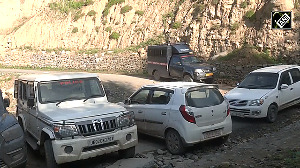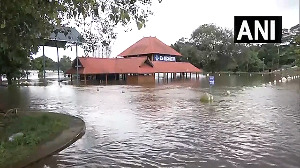The organisation of oil-consuming nations must engage with China and India if it has to remain relevant, its executive director-elect has said.
The Financial Times, London, reports that Nobuo Tanaka, the first Asian head of the International Energy Agency, has stated that the organisation must work more closely with the two Asian giants.
The IEA is the counterweight to the Organisation of the Petroleum Exporting Countries (OPEC), has a membership of 26 nations, limited to the Organisation for Economic Cooperation and Development nations. The IEA set up in response to the first oil shock of 1973-74, and requires its members to have 90-day stockpiles of oil.
Tanaka's statement comes in the wake of China becoming the second-largest consumer of oil after the United States, displacing Japan. China also plans to build 30-day stockpiles of petroleum. India is also stated to be building its own stockpile.
Half the world's energy consumption is by non-IEA member nations. China, a non-member, is one of the heaviest users of IEA research.
Petroleum stockpiles have a strategic value for nations: they help in reducing OPEC's influence over prices, and also counter supply crunches.
Tanaka told journalists in Tokyo that there were hurdles in admitting China and India into the IEA. 'But we should be pragmatic in engaging these countries.' One way out could be by granting observer status to China, and extending technical cooperation and information-sharing initiatives with others.
Tanaka also spelt out his vision for IEA. 'We have to move up the ladder of energy security, to natural gas, nuclear power and renewable energy.'
He also laid emphasis on energy conservation as the quickest way of reducing energy dependence. 'For consuming countries, the best weapon for increasing energy security is not using it.'





